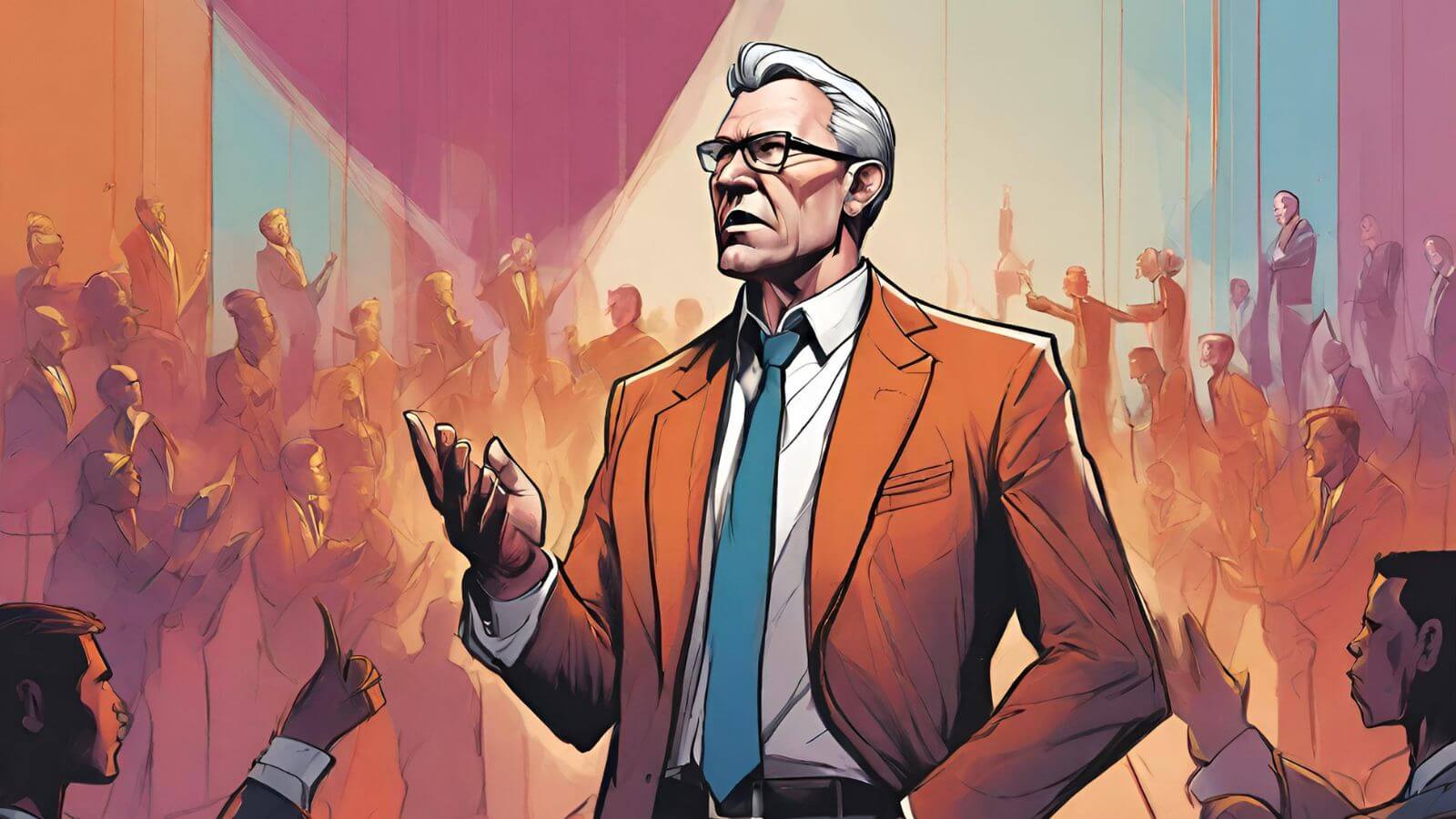In today’s fast-evolving world, the definition of leadership has undergone a significant transformation. A 21st Century Leader is not just about being at the helm; it’s about orchestrating a symphony of diverse talents, emotions, and aspirations. This transformation is not just a shift but a response to the new challenges that have emerged in the interconnected, volatile global landscape we navigate daily.
Engaging with Emotional Intelligence
One of the critical aspects of modern leadership is winning the hearts and minds of your people. Emotional Intelligence (EI) plays a pivotal role here, far surpassing the traditional reliance on IQ. Jappreet Sethi, a renowned HR leadership coach, emphasizes, “Leadership today is all about connecting with employees on a human level and using emotional intelligence to empower and engage your team.” Without EI, leaders risk alienating their teams, resulting in disengagement and a lack of motivation, ultimately harming productivity and innovation.
Doing More with Less
The current era demands that leaders realize the potential in others, inspiring them to surpass their perceived limits. This approach not only maximizes resources but also fosters a culture of growth and resilience. Neglecting this can lead to stagnation, where both leaders and their teams are unable to adapt to changes or innovate, making the organization vulnerable in a competitive landscape.
Inspiring Beyond Limits
Encouraging team members to go beyond what they think they can achieve is paramount. This not only boosts individual confidence but elevates the entire team’s performance. Failure to do so may result in a workforce that is complacent and lacks the drive to seek out challenges or innovate, thereby hindering the organization’s growth and adaptability.
Navigating Global Interdependence and Volatility
The 21st Century Leader must adeptly navigate the complexities of global interdependence and economic volatility. This requires a keen understanding of global trends and the ability to anticipate and mitigate risks. Ignoring these aspects can lead to missed opportunities and increased vulnerabilities in the face of global shifts.
Embracing Constant Change
Change is the only constant, and embracing it is a hallmark of modern leadership. Leaders must cultivate agility and foster a culture of continuous learning and adaptation. Resistance to change can result in an organization that is rigid and unable to compete in a rapidly evolving marketplace.
Orchestrating Connections Across Boundaries
Creating connections across various boundaries—be it departments, disciplines, or geographies—is crucial. It fosters collaboration and innovation, breaking down silos and leveraging diverse perspectives. Without this, organizations risk stagnation and a lack of innovation.
Relating Across Cultures
In today’s globalized world, the ability to relate across cultures is indispensable. It enhances team cohesion and enables effective global operations. A leader’s inability to navigate cultural differences can lead to misunderstandings, reduced morale, and inefficiencies.
Creating Shared Value
A modern leader aims to create shared value for all stakeholders, balancing the needs of employees, customers, and the broader community. This approach ensures long-term sustainability. Overlooking this broader perspective can lead to short-sighted decisions that may harm the organization’s reputation and viability.
The Objectives of New Age Leadership
To meet these challenges, the objectives of a 21st Century Leader are clear:
- Improve Team Performance: Focusing on asking the right questions and managing individual performance enhances team agility and responsiveness to changing demands.
- Accelerate Development: Utilizing team coaching to navigate development stages more quickly than would be possible otherwise, overcoming common hurdles like mistrust and poor communication.
- Foster Innovation: Supporting culture change and new attitudes through coaching can lead to significant innovation, positioning the organization to lead rather than follow.
Excelling as a 21st Century Leader
To truly excel, leaders must adopt a facilitative, coaching approach, moving away from outdated directive styles. This involves:
- Motivational Coaching: Encouraging team commitment and minimizing social loafing.
- Consultative Coaching: Facilitating flexible problem-solving and team development.
- Educational Coaching: Enhancing team knowledge and skills, thereby increasing psychological safety and learning behaviors.
Jappreet Sethi further advises, “The essence of 21st-century leadership lies in the ability to cultivate an environment where every team member feels valued and empowered to contribute their best.” Ignoring these coaching opportunities can lead to a disengaged workforce, stifling innovation and growth.
Conclusion
The journey to becoming a 21st Century Leader is both challenging and rewarding. It demands a deep understanding of the nuanced landscape of modern leadership, characterized by emotional intelligence, adaptability, and a coaching mindset. By embracing these principles, leaders can navigate the complexities of today’s global, fast-paced environment, unlocking the full potential of their teams and steering their organizations towards sustainable success.










